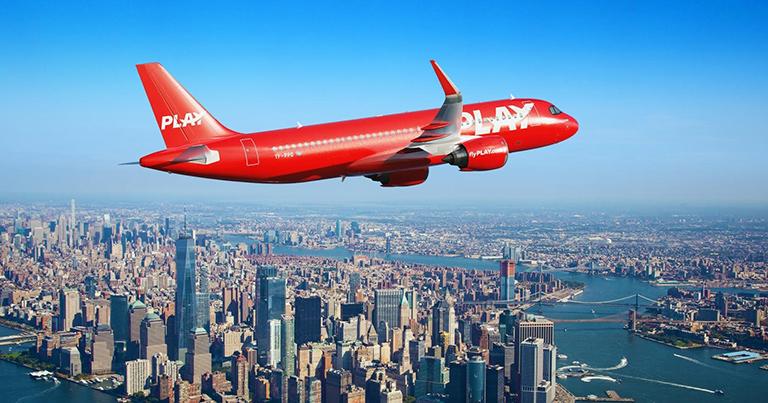The Complicated Legacy and Uncertain Future of the GDS For Airline Ticket Sales

The GDS has long been the industry standard, but startups and low-cost airlines are increasingly moving away.
In the ever-changing landscape of the airline industry, the traditional reliance on Global Distribution Systems (GDS) for selling tickets is transforming. As new distribution capabilities (NDC) and alternative strategies emerge, airlines are exploring the advantages of moving away from GDS.
The GDS model has long been the industry standard due to its ability to connect airlines with high-volume sellers of airline inventory. Online travel agencies (OTAs), traditional travel agency networks, travel management companies (TMCs), and consolidators tap into GDS systems, providing airlines access to lucrative markets.
According to Peer Winter, Chief Distribution Officer at GO7,
“GDSs were designed to give carriers access to high-volume sellers of airline inventory, and this remains their greatest advantage.”
And yet, many airlines, particularly some of the new startups, are forgoing GDS connections in favor of either relying on direct bookings or using other means of selling tickets to passengers. Flair Airlines started with no GDS, but has since started selling through Amadeus. Bonza and Avelo do not use the GDS and, as far as is apparent, have no plans to do so.
Read the full piece on Simple Flying here.


